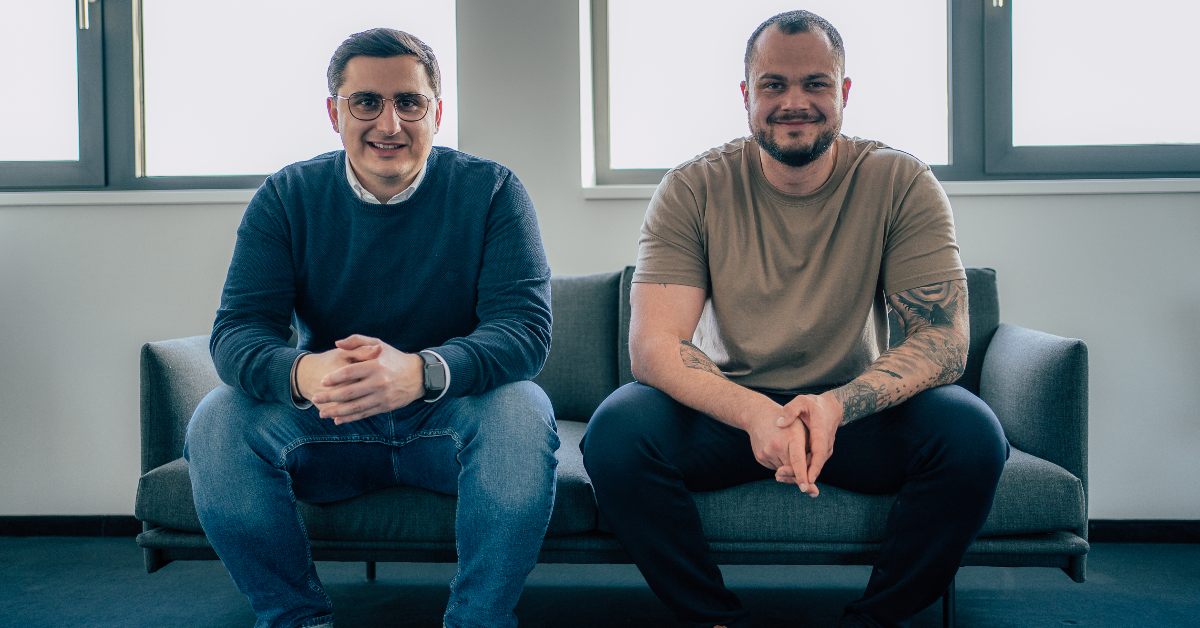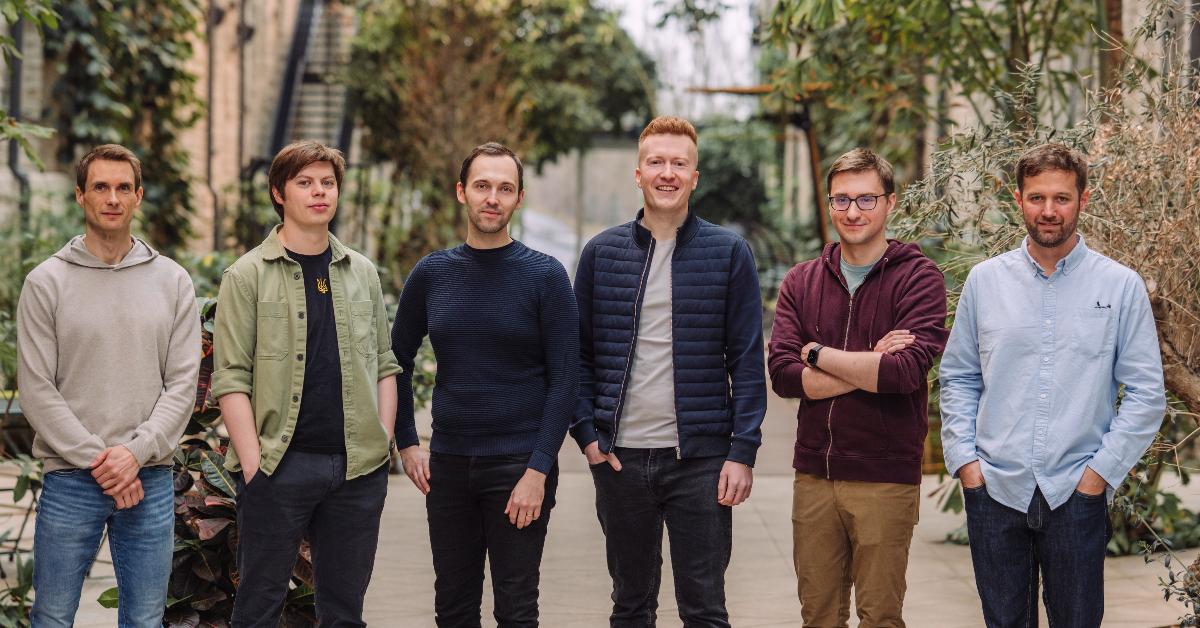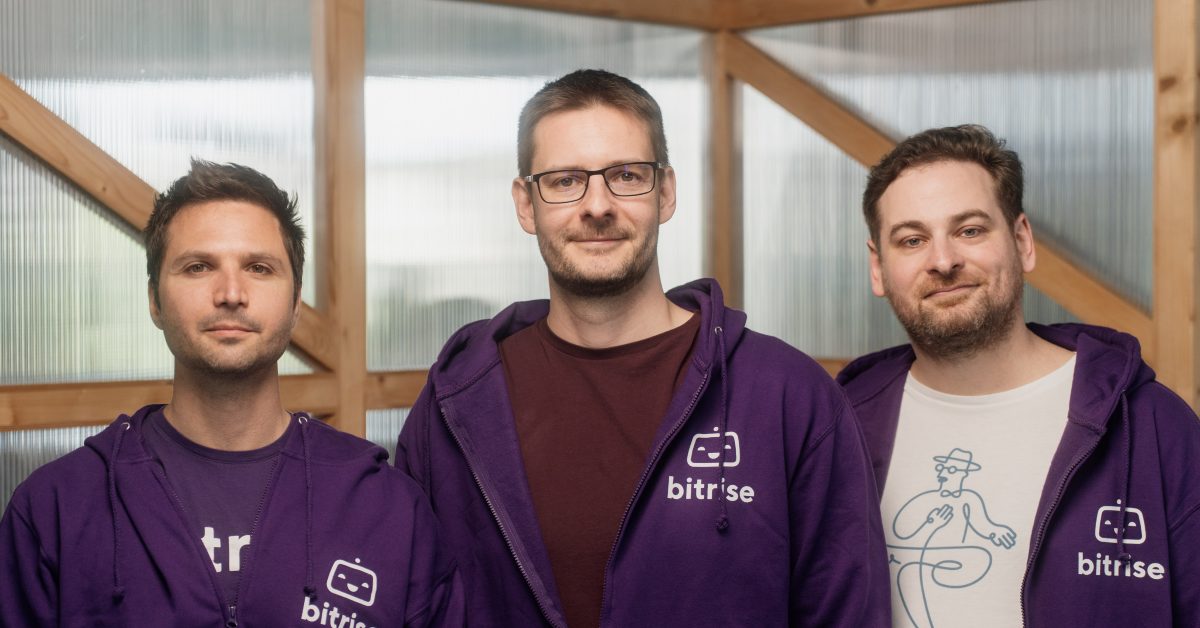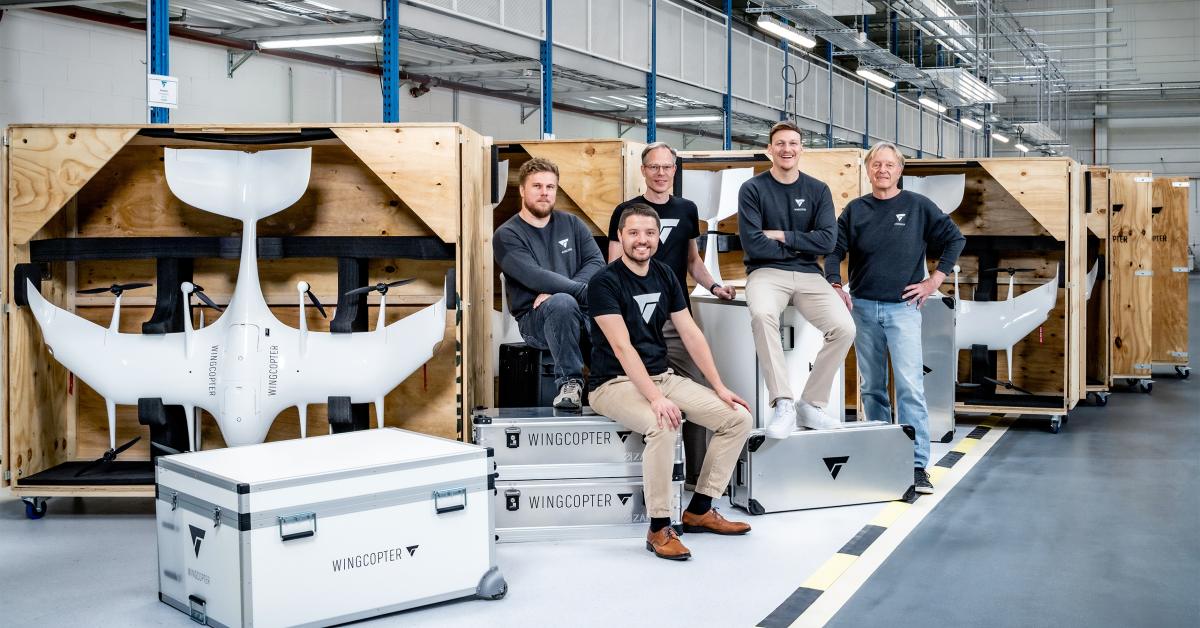Het kon helaas niet uitblijven, met een wildgroei aan on demand startups: er moest er wel eentje gaan omvallen. Het is over en sluiten voor Spencer, de Startupbootcamp-alumnus die op een missie was om je van alles en nog wat te bezorgen. Dat laten founders George Ankomah en Max Schulkens zojuist weten in een post op Medium.
Roerige geschiedenis Spencer
De startup Spencer kende sowieso een roerige geschiedenis, heb ik van dichtbij als lead mentor meegemaakt. Begonnen zijn ze met shipping on demand met Saddl – net zoals al die ontelbaar andere on demand-startups en pakketjes-bezorgers. Een van de grootste e-tailers in Nederland deed zelfs een poging het team achter Saddl te acqui-hiren (in te lijven), maar daar zagen de heren founders destijds geen brood in.
Derde pivot
Ze wilden ze zich daarna toeleggen op laundr.co, een on demand-stomerij-service, maar dat ging hem ook niet worden voor Laundr/Saddl, realiseerden ze al snel tijdens Startupbootcamp E&M-commerce, waar ze begin dit jaar afstudeerden in misschien wel het beste klasje ooit. De derde pivot met Spencer – de naam moet klinken als een butler – moest de winnende worden, maar ondanks meer dan duizend (zeer) tevreden testgebruikers in Amsterdam, waaronder ikzelf, trekken ze nu toch de stekker eruit. Een prachtige reportage in Het Parool mocht ook niet baten (zie foto boven). Het founding team was gaandeweg dat proces overigens al gehalveerd.
hip hip huray !!!!! @keadyn congrats @joppeout from @bleeveNL ! @hellospencerNL thanks for the service and the mess:) pic.twitter.com/R1HEwWYYgi
— Ohad Gilad (@ohadgilad) June 9, 2015
Lessons learned
De resterende founders, George Ankomah en Max Schulkens, beramen zich alweer op een nieuw avontuur, laten ze weten via Facebook. Vooralsnog doen ze freelance werk. Als je het mij vraagt, zouden ze zich moeten toeleggen op design van pitch decks – zelden zo’n goed deck gezien als dat van hen.
Voor wie hun lessons learned wil weten, dit zijn ze:
1. Dream big, start small
“In our efforts to combine service with delivery, we started the smallest we could think of: open up a phone number to which people could text their wishes. As soon as an order would come in, one of us would run off to the city while another person was calling ahead to check in-store availability and price. An inefficient process to say the least. But by doing so we were forced to stop viewing the process as a logistic process, but rather as a personal shopping service of which logistics formed an undeniable part. Bringing Spencers into the store, allowed us to transfer the in-store experience to the remote customer while simultaneously cutting away at delivery times (which in turn greatly enhanced the customer’s experience of ‘online’ shopping).
This direct and continuous contact with our customers not only gave us valuable insights into buying motives, but also the energy needed to keep running ahead and the feeling that we were “on to something”. However, the downfall from this approach is that it’s easy to lose focus and lose yourself in day-to-day business. Building a platform from scratch meant tackling multiple chicken-and-egg-problems, and through different experiments we aimed to tackle different problems at a time. Plenty of material to pick a focused route, you’d say. But the actual decision should have been made earlier in the process, allowing us to get to critical mass earlier before burning out.”
2. If it’s a numbers game, make sure you hit the numbers.
“Running a delivery startup is a numbers game and you need enormous volume to be able to keep the business running and growing. Although we grew week-by-week, the revenue was still far from reaching the level to sustain our business in the long run. Although finding a match with our service and the service people ask for was critical, we should’ve either more quickly hit volumes high enough to sustain a bootstrapped company or secured funding to provide a long enough runway. Unfortunately in our case we failed to do either and got stranded somewhere in the middle.”
3. ..but make sure you get and keep everyone on board
“It’s on every list of startup tips and so may seem obvious, but building a company for growth takes an enormous effort which you can only pull off with the right people around you. Yet what is often left out on these lists is that, aside from assembling a team of talented and energised people, it is equally important to offer everyone in the team with enough room to develop not only the business but also themselves. The people that are willing to step into a startup need to be challenged, otherwise you’ll lose them quicker than you got the on board.
The pressure to work day and night on something you believe in weighs hard on everyone. Especially between co-founders. It’s vital to manage expectations; keep the entire team involved on their personal performance as well as the team’s performance; and to give your team the right tools and attention to keep everyone motivated and energized.”
(#Disclosure: zoals gezegd, ik was een van de lead mentoren van Spencer/Saddl bij Startupbootcamp.)










01
From Mexico City to Rotterdam: How the Dutch Startup Visa launched Estefania Hernandez’s HR tech revolution